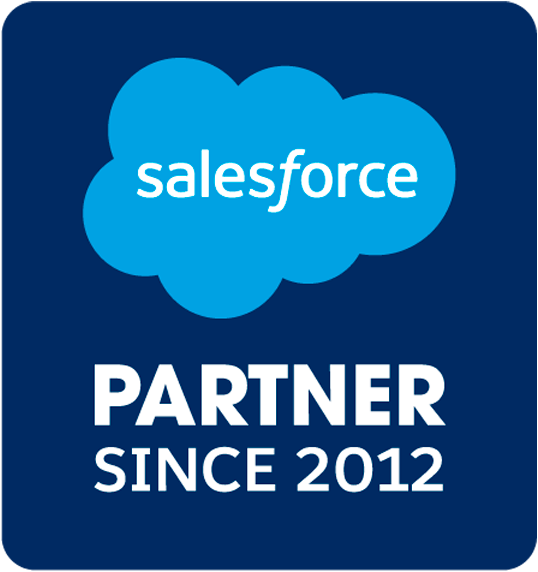Many of us have come to associate voice-activated technology with a handful of virtual assistants with futuristic-sounding names: Siri, Alexa, Cortana. That’s understandable given the growing prevalence of their associated smart speakers. According to recent research, almost one in five U.S. adults currently has access to a smart speaker — that’s 47.3 million people. A big number, but not a surprising one. With the rise of IoT technologies, more and more consumers are seeking out connected devices that make their lives easier and more convenient.
Worth noting is the fact that many of these existing products target individual consumers. This begs the question: What about businesses? What can we expect to see in terms of technologies designed for the enterprise? Momentum is starting to build, after all: A new survey of businesses from the U.S., France, Germany and the U.K. found that 28% of respondents are already using voice technology with customers, and 84% expect to start using it within the next year. A whopping 94% plan to adopt it within the next two years.
Turns out Salesforce has the answer, at least when it comes to CRM. Introduced at Dreamforce this year, Einstein Voice will give users the ability to talk to their platform via two new products: Einstein Voice Assistant and Einstein Voice Bots. Read on to learn more about both.
Einstein Voice Assistant can help you be more efficient, productive and knowledgeable.
Conversational Updates
Just as the smart speakers mentioned above improve your productivity in your personal life, Einstein Voice Assistant is meant to assist you in your work life. A simple concept, but one with huge potential. Think about how much time you spend on an average day entering and updating data on your devices — everything from memos and reminders to sales and financial metrics. Wouldn’t it be easier if you could just ask Salesforce to do it for you? Now you can.
Here’s how it works:
Einstein Voice uses automatic speech recognition — a deep-learning sequence model — to detect your voice, then records what you’re saying and converts it to text. Once you’ve finished speaking, it feeds a full transcript back to your device.
At this point, Einstein Voice relies on something called natural language understanding to take the unstructured data you just gave it and convert it into structured data, which is the kind of information your platform can actually understand and use. For instance, if you mention a particular customer and opportunity, Einstein can recognize that those words represent different object types, and then search for and locate the specific records in question. It can also understand what you want it to do based on an assessment of your intent (e.g., did you ask it a question or give it a command?).
Finally, Einstein will map everything it has learned to actions and fields in Salesforce, allowing you to update records, tag team members, create tasks and more. Ideally, the ease of this process will encourage you to log high-quality notes and information more frequently, which will in turn increase the precision of your forecasting and reporting and improve the accuracy of the recommendations that Einstein makes.
Daily Briefings
Another key feature of Einstein Voice Assistant are daily briefings — verbal updates on accounts, opportunities, meetings and everything else that might help you jumpstart your day. These briefings offer a quick rundown of a designated custom dashboard, which makes it easy to tell Einstein exactly what you want to hear. Less time clicking, more time for coffee.
Finding and Creating Dashboards
Speaking of dashboards, Einstein Voice Assistant also gives you the power to find, filter and create dashboards with your voice. This feature is especially likely to come in handy during meetings and presentations, when the last thing you want is to break your concentration to search for the right dashboard.
Einstein Voice Bots can create a better experience for your customers.
According to Forbes, “more than 50% of enterprises will be spending more per annum on bots and chatbot creations than traditional mobile app developments” by 2021. It makes sense, of course: As consumers change the way they interact with technology — and therefore change the way they interact with brands — businesses need to find a way to keep up. That’s why Einstein Voice Bots are such an exciting development. While Einstein Voice Assistant is designed to help employees be more efficient and productive, Voice Bots will give customers an easier way to interact with your company (and as we’ve mentioned before, making your customers’ lives easier is basically a requirement for growing your business).
As Salesforce notes, “[i]nstead of typing their questions into a device and waiting for a response,” customers seeking answers from your business “can speak into their voice assistants and get… updates they’re looking for in real time. It’s a seamless and natural user experience.”
There appears to be no word yet on exactly how easy it will be to create Einstein Voice Bots in Salesforce, but the prospect of building them in the same platform that houses your essential business processes and data is certainly an enticing one.
What now?
Einstein Voice Assistant is in pilot as part of the Winter ‘19 Release, and Einstein Voice Bots will arrive with the Summer ‘19 release. We recommend using the coming months to explore the capabilities of the former and brainstorm how you might successfully use the latter. And if you need help with either, don’t hesitate to reach out!



